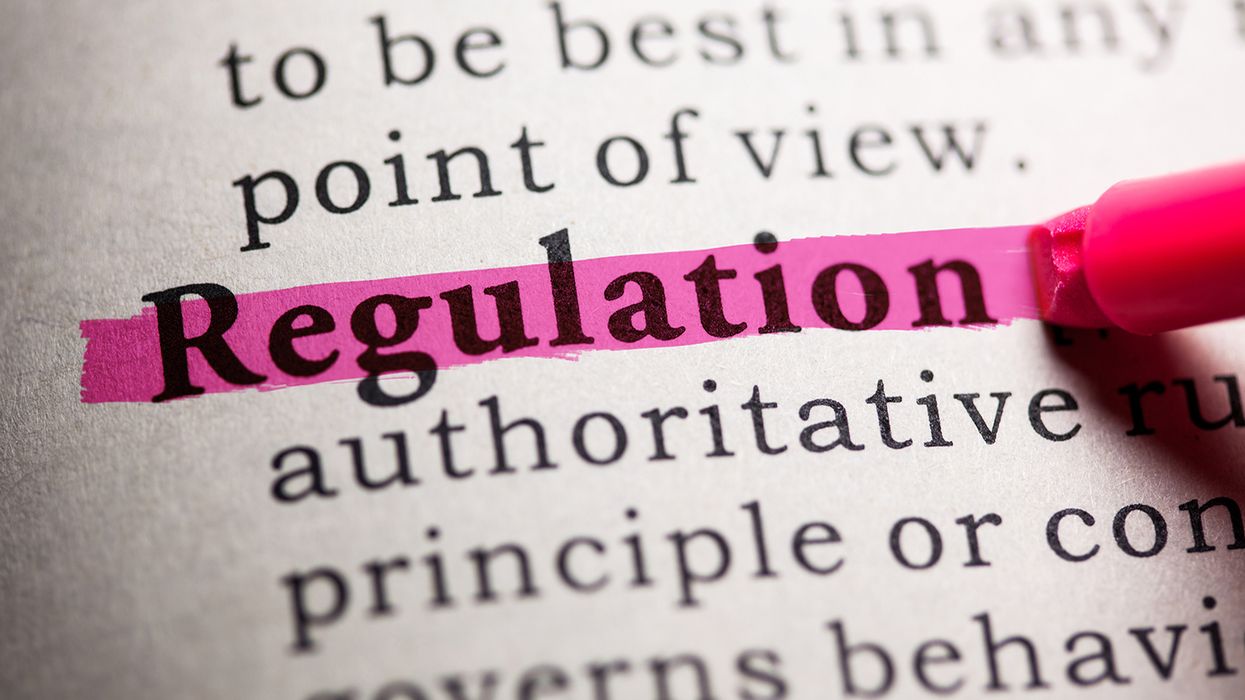Positive drug test? Don’t rush to deny the job
A failed drug test shouldn’t always bring a job denial, as one employer learned when a critical mistake led to a jury awarding more than $400,000 to a rejected job applicant.
In a case decided by a federal court in Florida, the Equal Employment Opportunity Commission (EEOC) sued an employer for disability discrimination after an applicant failed a drug test.
Veteran took prescribed medication
The applicant was a veteran who took medication to treat post-traumatic stress disorder (PTSD). She applied for a job as an activities coordinator at a senior living facility.
During her job interview, the applicant let the interviewer know she suffered from PTSD and the medication she used would cause her to fail a drug test. The interviewer told her the drug testing facility would check into the prescription medications when she took the test.
Lost sample, communication breakdown
After receiving a job offer contingent on passing a drug test, the applicant took the drug test at a testing facility and tried to provide proof that she was taking legally prescribed medication. She was told that she would be contacted by the lab for that information.
The sample was lost in the mail, however, and was not received by the lab. The applicant contacted both the testing facility and the lab, but they told her to communicate with the employer about the test results and prescriptions.
The applicant contacted the employer and left a voicemail stating that the lab and collection site didn’t look at the information about her medications. A few days later, the employer rescinded the job offer with no explanation.
Need for the interactive process
Although the job applicant repeatedly tried to provide proof that she was using legally prescribed medication, the employer did not take the step of trying to accommodate her by helping her with the drug testing process. The employer failed to contact the lab or follow up on the missing test results after the applicant let the employer know about a problem.
This violated the Americans with Disabilities Act (ADA), which requires an employer to provide reasonable accommodations to applicants and employees. After they are made aware of the need for an accommodation, employers are required to engage in an interactive process with the employee to discuss accommodations.
The goal is to find an effective accommodation that allows applicants to proceed in the application process without causing undue hardship to the employer.
In this case, the applicant triggered the interactive process when she let the employer know she had PTSD and asked for an accommodation to show proof of prescription medications that would allow her to comply with the drug test requirement. The EEOC’s lawsuit contended that the company violated the law when it denied a reasonable accommodation to the applicant and refused to hire her.
The jury’s verdict
A jury unanimously found that the applicant had a disability that was disclosed to the employer, and the employer refused to accommodate her during the application process. The jury awarded the job applicant $5,083 in back pay, $50,000 in compensatory damages, and $350,000 in punitive damages.
Limits to asking about medication
While it is important to be attuned to requests for accommodations, and employers need to engage in the interactive process when they learn of an applicant’s need for reasonable accommodation in the hiring process, employers must take some precautions when asking about medication or medical information.
The ADA prohibits employers from asking medical questions before making a job offer. If an applicant voluntarily discloses a disability or the need for an accommodation, the ADA does allow an employer to ask limited questions about what type of accommodation is needed.
After a job offer has been extended, an employer may ask medical questions and require medical exams, as long as this is done for all applicants in a job category. This can include questions about lawful drug use that may trigger a positive drug test.
Key to remember: Employers might need to help applicants navigate the drug testing process and allow them to provide information about lawful medications or other possible explanations for a positive test drug result.




















































